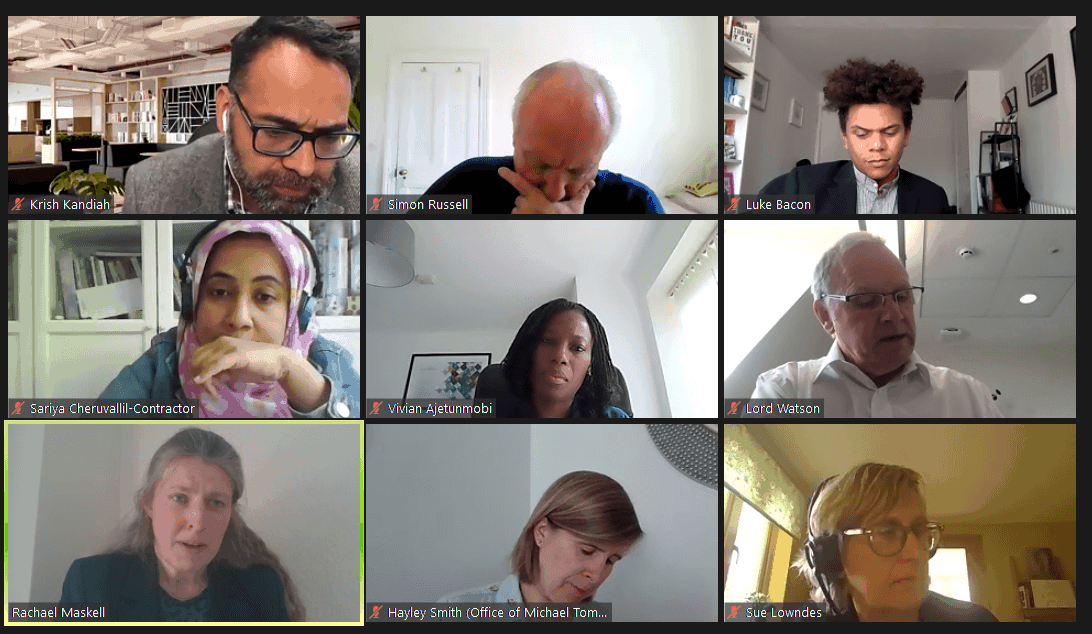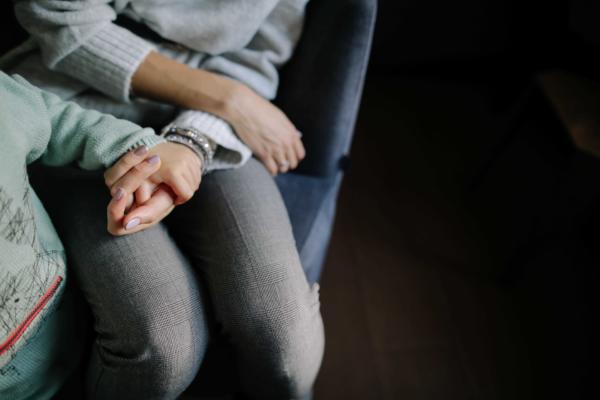In response to the independent review of Children’s Social Care in England, the APPG for Adoption and Permanence (APPGAP) launched a new inquiry called Strengthening Families on 26 March 2021 (read more about the inquiry here). Since its launch, nearly 800 adopted adults, adoptive parents, social workers, academics, and other professionals and 100 adopted children and young people have participated in the Call for Evidence, providing invaluable insight into the current landscape of adoption. The APPG have also held two oral evidence sessions, which heard from a range of witnesses on topics related to the focus of the inquiry.
Adoption is a huge and significant decision in a child’s life which has a considerable impact on everyone involved, from the child themselves, to their birth family as well as the adoptive family that they go on to join. For children for whom it has been decided that adoption is the right option, this inquiry is seeking to examine how we can ensure a continuity of stability as they journey from care into adoption, and throughout their life as part of an adoptive family.
The first evidence session, held on Monday 19 April, began with an introduction to this inquiry and heard from panellists about the importance of stability. Tiegan, an adopted young person, shared powerfully about her experience of stability growing up, particularly across key transition points in her life. She said, “I’ve been extremely lucky as I’ve had the same person managing my contact for 13 years. She was always there for me […] and she was there when I started doing face-to-face contact with my grandparents and my mum. I’m so grateful because I know the benefits this has brought me.”

The second half of the first session focused on the role that matching can play in providing a stable foundation for adoptive families to build on and some of the barriers to enabling strong matches. Lorna Hunt, an adoptive parent and Service Director at PACT (a Voluntary Adoption Agency), spoke about how matching should be a well-planned process rather than a one-off event and how it is imperative that this process is child-led. Attendees also heard evidence from Andy Leary-May, CEO of Link Maker, and Thea Ramirez, CEO of Adoption-Share in the US, who shared about innovative technological practices in matching in the UK and US that are seeking to enable better matching for children and families.
The second APPG evidence session considered children who wait the longest for adoption, particularly children from minority ethnic groups. Often waiting longer than others, this session gathered perspectives on how the right matches can be found in a timely way for these children and what support would enable them to experience a continuity of stability even as they navigate this waiting and transition period. Dr Krish Kandiah, an adoptive parent and Chair of the Adoption and Special Guardianship Leadership Board, spoke about the characteristics of children who wait the longest for adoption. Single children from ethnic minority backgrounds who are older than five and have a disability wait on average 38 months, which is ten months longer than children from white backgrounds with the same combination of characteristics. Officers heard about the intersectionality of characteristics, which significantly impacts the length of time that children wait.
The group also heard from Dr Sariya Cheruvallil-Contractor, an academic, who highlighted the need for greater awareness amongst social workers of the importance of faith, as well as greater awareness amongst the Muslim community of the need for adoptive parents. Sue Lowndes, Managing Director of Coram Ambitious for Adoption, spoke about the work of the National Adoption Recruitment Steering Group and the YouCanAdopt campaign, which has a particular focus on recruiting adopters from ethnic minority communities.
Vivian, an adoptive parent, shared movingly about her experience of adoption, saying, “We are excited to see who our son becomes, we’re excited that he’s no longer one of the stats. But sadly there are many black boys particularly, for whom the system has stopped trying to find a home because they’ve reached a certain age. So the system, in my opinion, gives up on them and starts to form a path to long-term care in the foster care system. I believe we need advocates who really see our black boys and girls and who will not give up on them until they are found a home for good.”
Luke, an adopted person and adoptive parent, spoke about the benefits of an ethnic match, but warned against idolising and idealising the idea of an ethnic match over a strong match overall.
Officers of the group, including the Chair Rachael Maskell MP and Lord Russell of Liverpool, were actively engaged in discussions and voiced their desire to see meaningful change take place as a result of the inquiry. The group will be producing a report in July, which will summarise the findings of the inquiry and make recommendations to both Government and the Children’s Social Care Review.
The three remaining evidence sessions will be held online on 17 May (free tickets here), 24 May and 7 June. For more information, please contact [email protected].
Please note: Home for Good provides joint-secretariat to the APPG for Adoption and Permanence along with Adoption UK.











